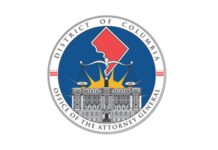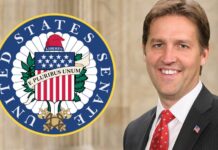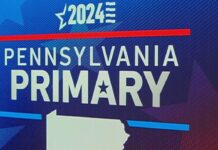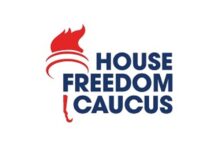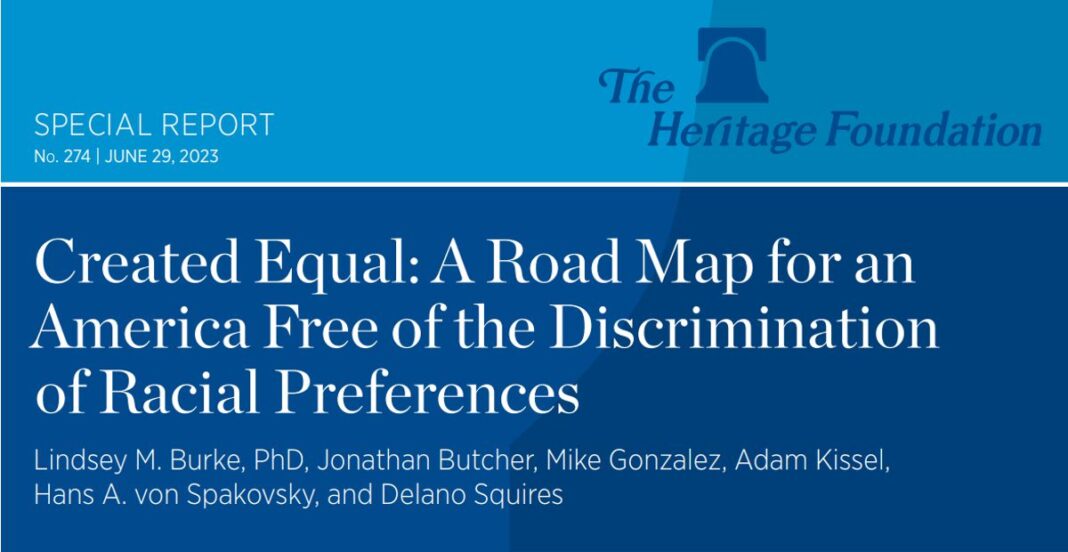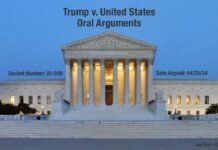Summary
The continued use of racial preferences in college admissions threatens the social cohesion of this large, diverse, and dynamic country. Racial preferences also make true equality impossible when even the perception of lowered standards can taint the accomplishments of individuals within the favored groups who are the “beneficiaries” of the preferences. In the words of Supreme Court Justice Clarence Thomas, “The Constitution abhors classifications based on race, not only because those classifications can harm favored races or are based on illegitimate motives, but also because every time the government places citizens on racial registers and makes race relevant to the provision of burdens or benefits, it demeans us all.” Now is the time for all Americans to heed his words. All Americans should be allowed to pursue their goals and aspirations free of the manipulative interventions of government bureaucrats and university administrators.
KEY TAKEAWAYS
- The Supreme Court has ruled against the use of racial preferences in college admissions, enforcing the guarantee of equal protection under the 14th Amendment.
- Colleges have discriminated against students by treating them as members of groups, based on skin color, instead of as individuals with unique needs and abilities.
- Without racial preferences, Americans can exercise “benevolence with justice” and stop discrimination from blocking anyone’s pursuit of the American Dream.
The U.S. Supreme Court has ruled against the use of racial preferences in college admissions, delivering a long-awaited opinion supporting the Civil Rights Act of 1964 and upholding the Equal Protection Clause of the Fourteenth Amendment. The decisions in Students for Fair Admissions v. Harvard and Students for Fair Admissions v. University of North Carolina are necessary, although insufficient, steps for reversing decades of discrimination exercised by college and university administrators who used racial preferences in their admissions decisions. Policy changes will be needed to implement the decision because college administrators have ignored or circumvented laws such as Proposition 209 in California that abolished racial preferences in college admissions and hiring decisions, and because the nation needs clarity on more promising approaches to address the disparities that led to such unfair and discriminatory racial preferences in the first place.
This Special Report documents:
- How racial preferences work in practice;
- The decisions handed down by the Supreme Court in Students for Fair Admissions v. Harvard and Students for Fair Admissions v. University of North Carolina;
- The history of racial preferences in federal policy, beginning with President Lyndon B. Johnson’s Administration and the history and policies demonstrating that racial and ethnic preferences fail all Americans, including minorities;
- The history of “mismatch” research, a field of study almost as old as the practice of racial preferences in college admissions, and one that has gained significant attention from national civil rights leaders, such as the members of the U.S. Commission on Civil Rights;
- How colleges have tried to circumvent the prohibition of racial preferences in the past and how they might continue to try to do so;
- What defines equal opportunity, how can it be measured, and the role that family structure plays in a child’s education;
- Potential criticism of policy recommendations that reject racial preferences; and
- Recommendations for state and federal lawmakers to follow through on the Court’s opinion.
By Lindsey Burke, Ph.D., Jonathan Butcher, Mike Gonzalez, Adam Kissel, Hans von Spakovsky and Delano Squires
Read Original Report on Heritage.org




